UK Officially Lowers Voting Age to 16: A New Era for Democracy?

In a landmark decision, the UK government has officially announced its plan to lower the national voting age from 18 to 16 for all UK-wide elections. The announcement, made on July 17, 2025, by the Labour Party government, fulfills a key promise made during their election campaign in July 2024. This move is poised to enfranchise approximately 1.5 million 16- and 17-year-olds and is part of a broader effort to modernize British democracy.
Broader Electoral Reforms Aim to Boost Participation
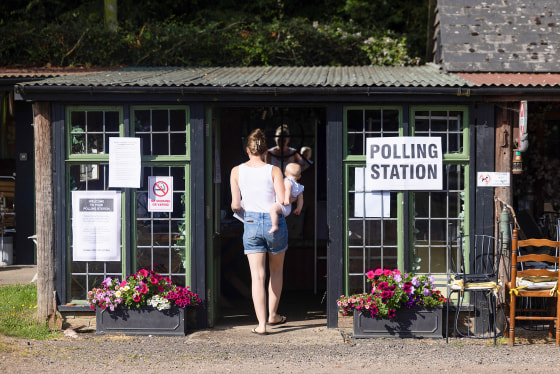
The decision to lower the voting age is not an isolated measure. It is accompanied by a series of electoral reforms designed to increase democratic participation across the board. These include:
- Allowing UK-issued bank cards as valid identification at polling stations, expanding acceptable forms of ID beyond passports and driving licenses.
- Implementing automated voter registration to streamline the process.
- Enforcing stricter regulations on foreign donations to political parties, demanding transparency in the commercial activities of British companies that donate.
- Introducing tougher penalties for harassment and threats directed at political candidates.
Legislation Imminent, Impact Projected
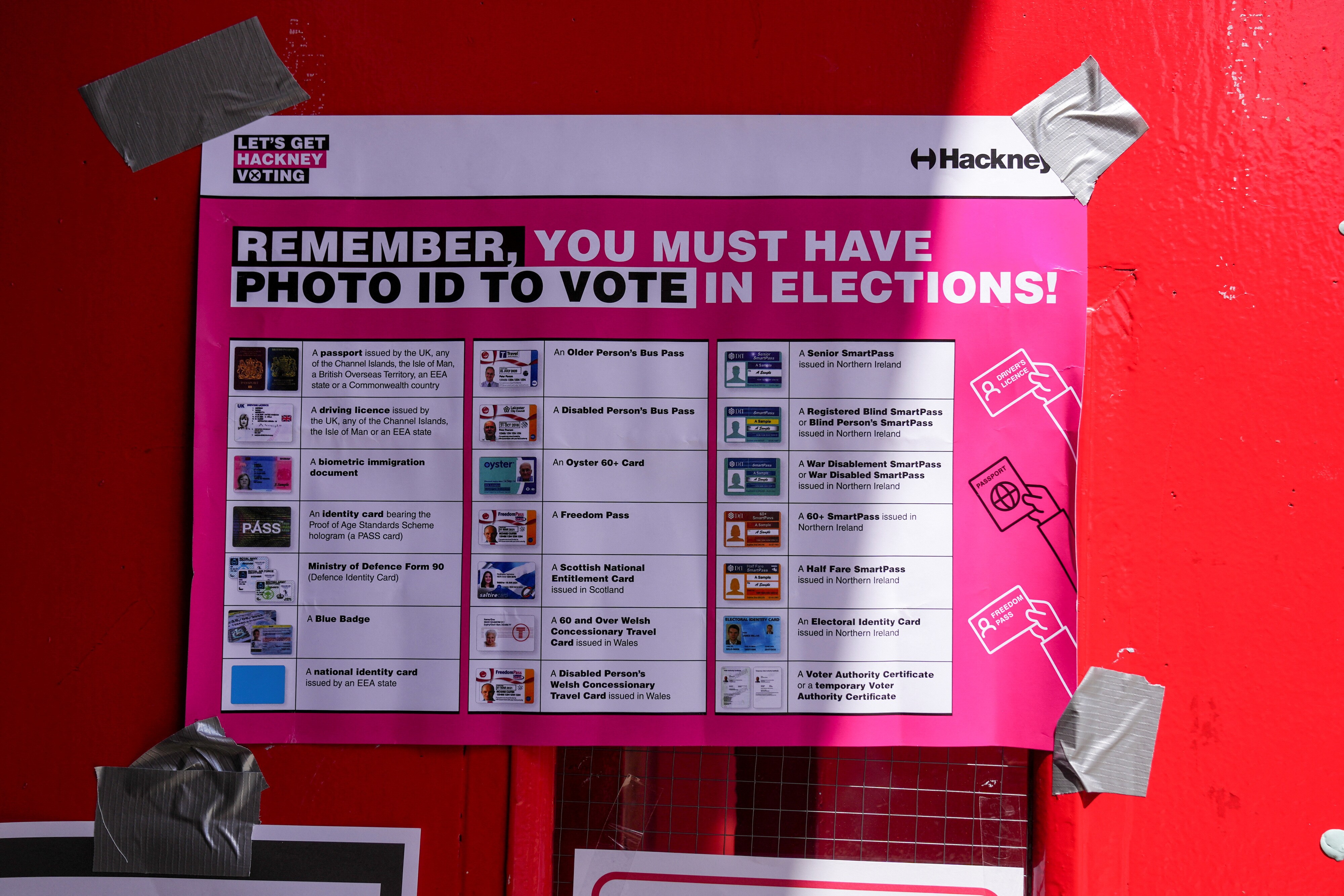
The government plans to introduce an "elections bill" to Parliament to formally enact these changes. Given the Labour Party's current majority, the bill is widely expected to pass. The Institute for Public Policy Research (IPPR) estimates that the combined reforms could add as many as 9.5 million voters to the electoral rolls, potentially reversing the trend of declining democratic engagement.
Key Dates in the UK Voting Age Reform

The path to lowering the voting age has involved several key milestones:
- July 2024: The Labour Party includes lowering the voting age to 16 as a key pledge in their election manifesto.
- July 17, 2025: The UK government officially announces its plan to lower the voting age to 16.
- By 2029: The changes are intended to be fully implemented and in effect for the next general election, which must be held by 2029.
- 1969: The last major reform to the UK's voting age occurred, lowering it from 21 to 18.
Prior to the current announcement, Scotland and Wales had already granted 16- and 17-year-olds the right to vote in local and regional elections. Additionally, British Crown Dependencies such as the Isle of Man, Jersey, Alderney, and Sark had previously lowered their voting age to 16 between 2006 and 2008.
Stakeholders Weigh In: Government, Opposition, and Advocacy Groups
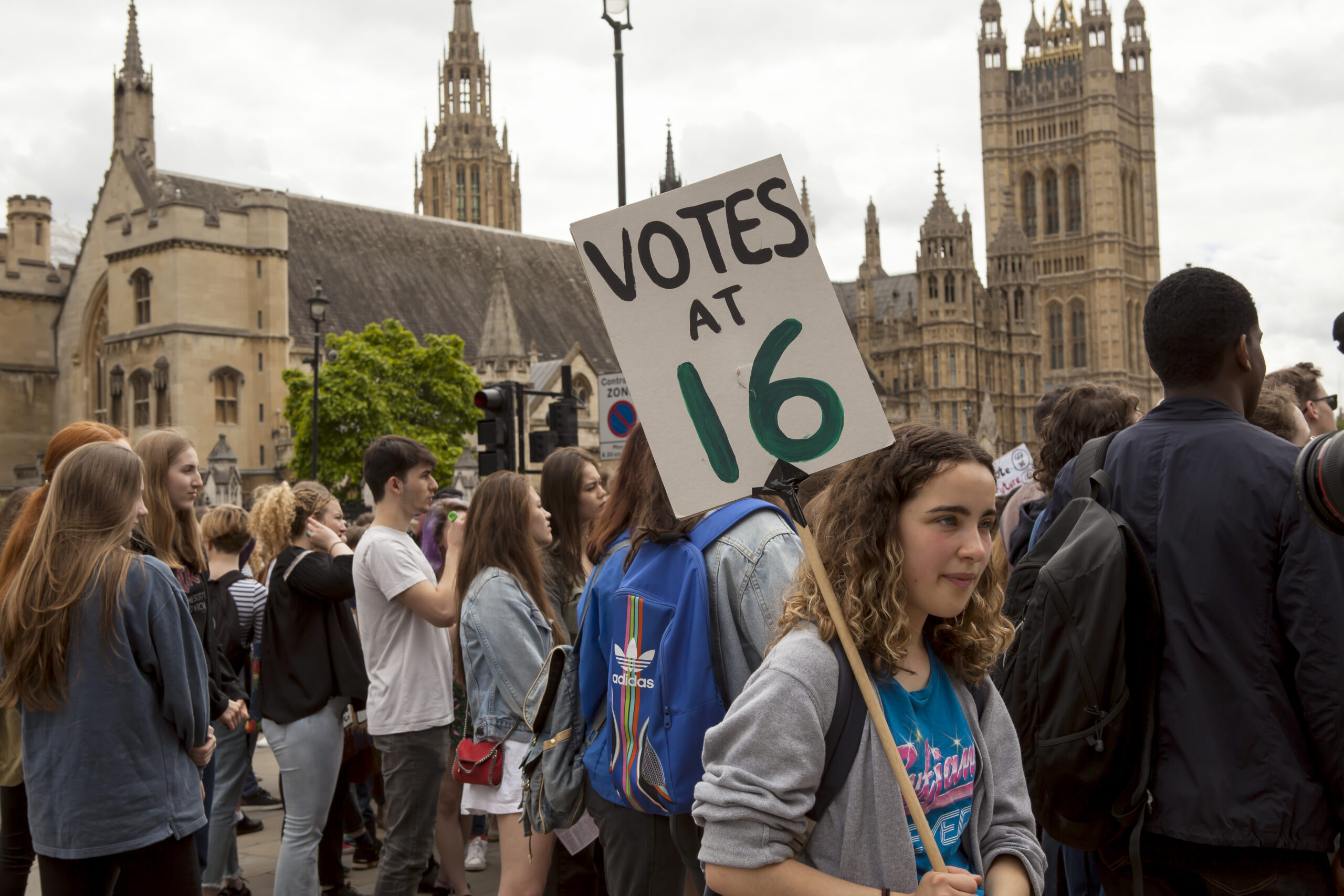
The Labour government, led by Prime Minister Keir Starmer and Deputy Prime Minister Angela Rayner, has championed this reform. They argue that 16- and 17-year-olds are already responsible for significant obligations like working, paying taxes, and potentially serving in the military, and therefore deserve political representation. Democracy Minister Rushanara Ali has emphasized the passion and engagement of young people in issues affecting their communities and the nation.
However, the move has faced criticism from opposition parties. Conservative MP James Cleverly suggested that Labour is pushing for the change due to their poor standing in the polls. Shadow Communities Minister Paul Holmes MP pointed out perceived inconsistencies, such as 16-year-olds being allowed to vote but not stand as candidates, buy lottery tickets, consume alcohol, marry without consent, or serve in combat roles. Reform UK leader Nigel Farage has also voiced opposition, arguing that while his party polls well with this age group, individuals who cannot stand for Parliament should not be able to vote.
Organizations such as the Electoral Reform Society and the IPPR advocate for lowering the voting age, arguing that it cultivates lifelong civic engagement. They cite studies suggesting that 16- and 17-year-olds who vote are more likely to continue voting in the future. They also point to the success of similar initiatives in Scotland and Wales, where support for "votes at 16" has grown since its implementation.
On the other hand, critics like politics lecturer Stuart Fox question whether lowering the voting age effectively increases youth engagement and suggest alternative measures like improving civics education in schools. A recent poll conducted by ITV News indicated that half of 16- and 17-year-olds themselves did not believe the voting age should be lowered to 16.
Controversy and Public Reaction: Maturity, Motivation, and Inconsistencies
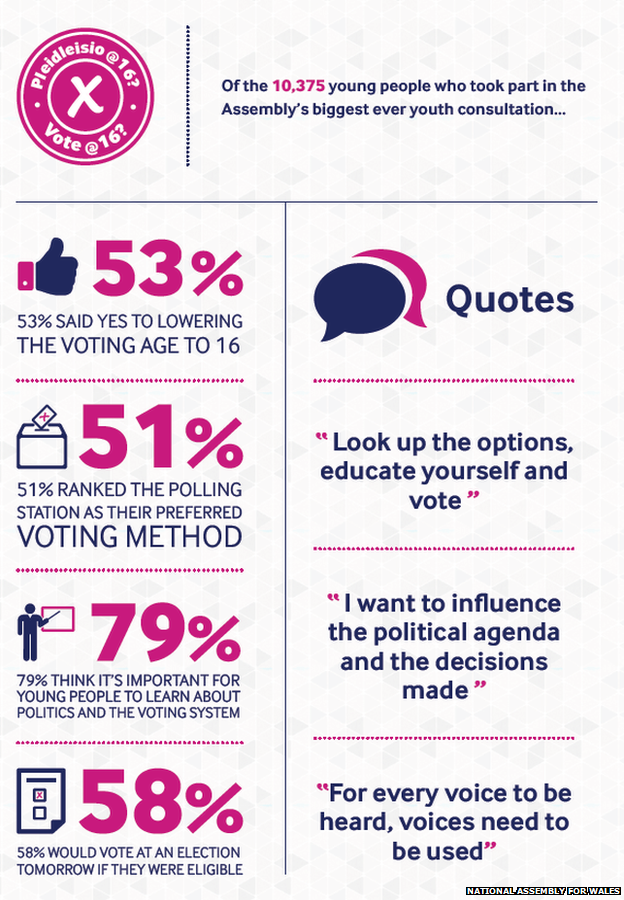
The decision has ignited debate around the maturity of 16- and 17-year-olds to make informed political decisions. Proponents highlight their existing responsibilities, while opponents express concerns about their life experience and susceptibility to influence. Opposition parties have accused the Labour Party of pursuing this change for partisan advantage, as younger voters are often perceived to lean more center-left. Despite research suggesting no impact on election outcomes in countries with a lower voting age, the perception of political opportunism persists.
Critics also point to inconsistencies with other age-related rights and responsibilities. They question the logic of granting voting rights at 16 while maintaining higher age restrictions for activities such as purchasing alcohol, marrying without parental consent, or running for office.
The impact on voter turnout remains uncertain. While proponents anticipate increased engagement, some research suggests that the effect of lowering the voting age on youth turnout is "far from clear." The 2024 general election saw a turnout of 59.7%, the lowest in over two decades, indicating a broader challenge of declining democratic participation.
In response, some young people have advocated for mandatory political and democracy education in schools before being granted the right to vote. The government has stated its intention to collaborate with schools and youth services to prepare young people for their expanded civic role.
Could the U.S. Follow the UK's Lead?
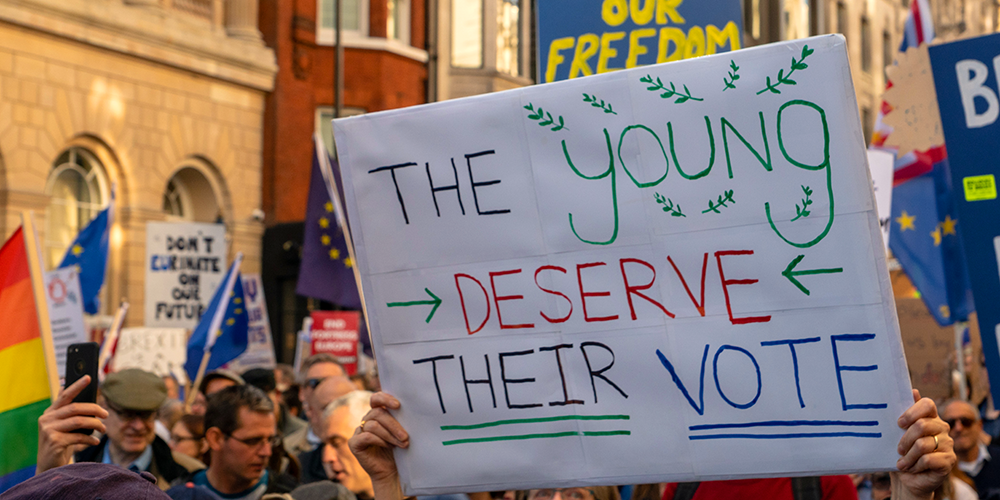
In the United States, the voting age for national elections is currently set at 18, as established by the 26th Amendment to the Constitution, ratified in 1971. The push for the 26th Amendment gained momentum during the Vietnam War, fueled by the argument that if 18-year-olds were old enough to be drafted into military service, they were also old enough to vote.
The debate over lowering the voting age to 16 in the U.S. has been ongoing since the 1990s. Advocates argue that 16-year-olds are adequately informed and capable of making sound decisions and should have a voice in shaping policies that affect their future. They also suggest that lowering the voting age could boost overall voter turnout and establish lifelong civic engagement.
Conversely, opponents generally contend that 16-year-olds lack the maturity, life experience, and political understanding necessary to participate responsibly in the democratic process. Polling data consistently indicates strong opposition to lowering the voting age to 16 across various age demographics in the U.S.
Changing the national voting age in the U.S. would require a constitutional amendment, a complex and demanding process. It would necessitate a two-thirds vote in both the House of Representatives and the Senate (or a convention called by two-thirds of the states), followed by ratification by three-fourths (38) of the states. While some cities and localities in the U.S. have explored or adopted lower voting ages for local elections, a national change remains a considerable challenge. The UK's decision to lower the voting age may fuel further discussion and debate in the U.S., but the path to a similar change remains arduous.